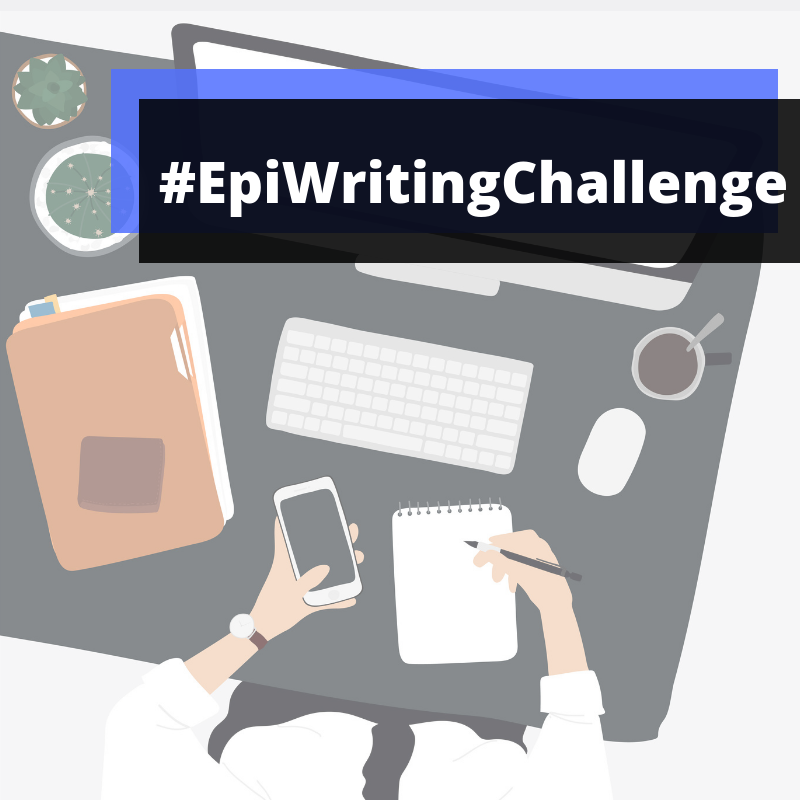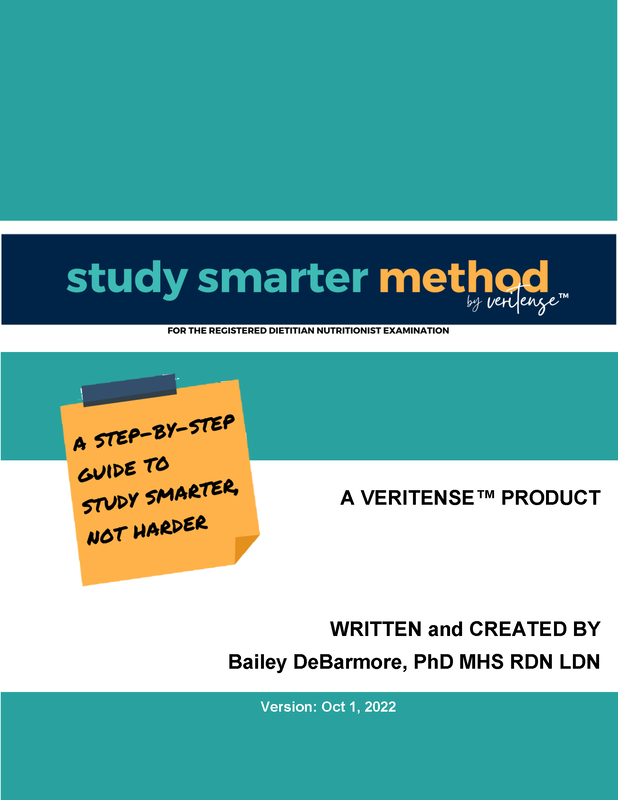what role will they play?
Alexandra White, PhD an epidemiologist at NIEHS, brought up the idea of "roles". My advisor also used this approach when we discussed the composition of my committee. Someone's role could be technical and/or interpersonal. Examples of roles to fill include expertise knowledge, from clinical to statistics to methods, to superb project management abilities, or someone you just know you work really well with.
When you ask them to be on your committee, mention the specific expertise and value you believe they would bring to your committee. As you think of individuals that fit these different roles, take a step back and remember that your committee forms a group that you'll be working with individually but also all together. Every time your committee meets, will the members be butting heads? Work with your chair to make sure that everyone selected is supportive of you finishing, are respectful, people you like, and will work well together. It's not just about the content! The idea of having different roles on your committee makes me think of when we talked about having mentoring teams - with different people filling different mentorship roles rather than trying to find one person who embodies them all. You can also download this free worksheet to identify gaps in your mentoring network and how to fill them, courtesy of Dr. Emilia Benjamin. don't forget the details
Just as members should play well together, part of the dissertation process is just that - a process! Formulating your own ideas, working with a group, meeting deadlines - these are all experiences that build you into an independent investigator. That being said, there are certain work habits that some potential committee members may have that make them a no-go for your committee.
Christy Avery, PhD epidemiology faculty at UNC CH, gave an example of responsiveness to emails and respect of deadlines. If it takes them months to comment, it holds up the entire process and leads to unnecessary stress. This scenario is a good example of a chair providing advice on the different aspects of committee members, who will be a good fit, and who can meet the timeline. When you ask someone to be on your committee, mention your timeline. They may be too busy, and you'd rather know now and find someone else than be held up! It also helps that you demonstrate you have a plan and plan to stick with it. how to ask
OK, does this seem like a silly section? If you haven't gotten the theme yet, details matter! Asking via email, in person, or over the phone is a decision to make that depends on several things.
Bill Miller, MD chair of epidemiology at Ohio State and participant on the #AskTheEditor 2018 panel, provides guidance on HOW to ask depending on how well you know them. If you know them well and are sure you want them on your committee, email them with a brief description of the idea. My chair and I crafted a one page specific aims page to summarize the idea and included it along with the timeline in an email. I also offered to meet with them to answer any questions before they made a decision about joining the committee. If you don't know them very well but are sure you want them on your committee, ask your chair to introduce you to them via email and set up a meeting, providing the summary of your project. Meet with them individually and discuss the idea. Do you jive well with them? Do they seem interested in the topic? If so, ask at the end of your meeting. If you don't know them very well and are NOT sure you want them on your committee, ask to meet but don't mention your committee. Say that you'd like to hear their thoughts on your research idea (that you send ahead of time). Gauge their interest and engagement, ask them questions to see how they respond. Don't hesitate to meet with them again if you like. If you want them on your committee after that, ask them. But if you don't, you never mentioned the committee in the first place so there's no awkward take-backs. BONUS!
If you're just starting out in your doctoral training, you can start keeping a list of people you'd like to work with. Daniel Witte shared advice he tells students - keep a list of people who ask insightful questions or have good comments at conferences. These might be people you collaborate with in your first few years and then maybe ask to be on your committee.
0 Comments
Your comment will be posted after it is approved.
Leave a Reply. |
popular postsLike what you read?
categories
All
archives
July 2024
This website uses marketing and tracking technologies. Opting out of this will opt you out of all cookies, except for those needed to run the website. Note that some products may not work as well without tracking cookies. Opt Out of Cookies |








 RSS Feed
RSS Feed